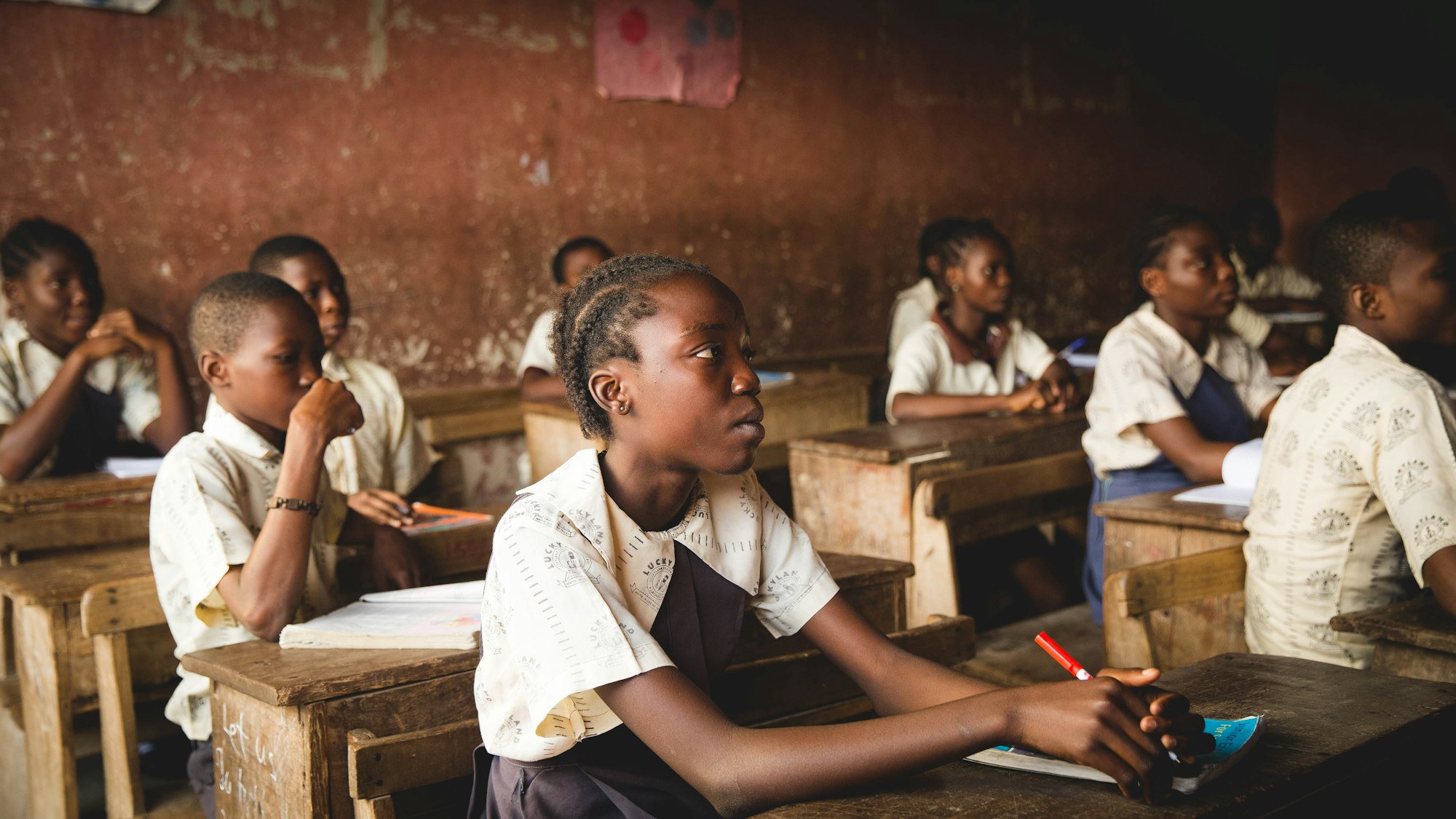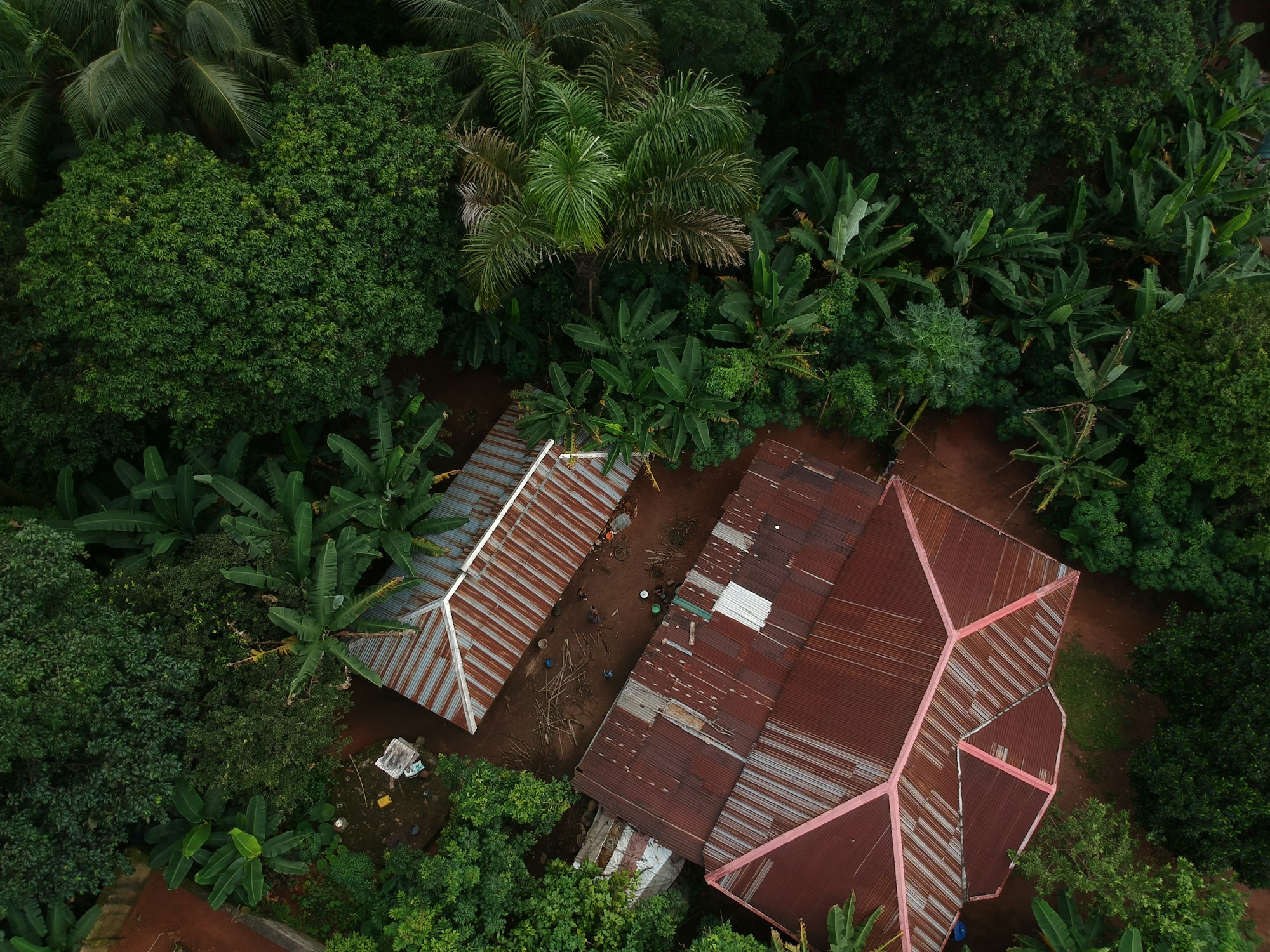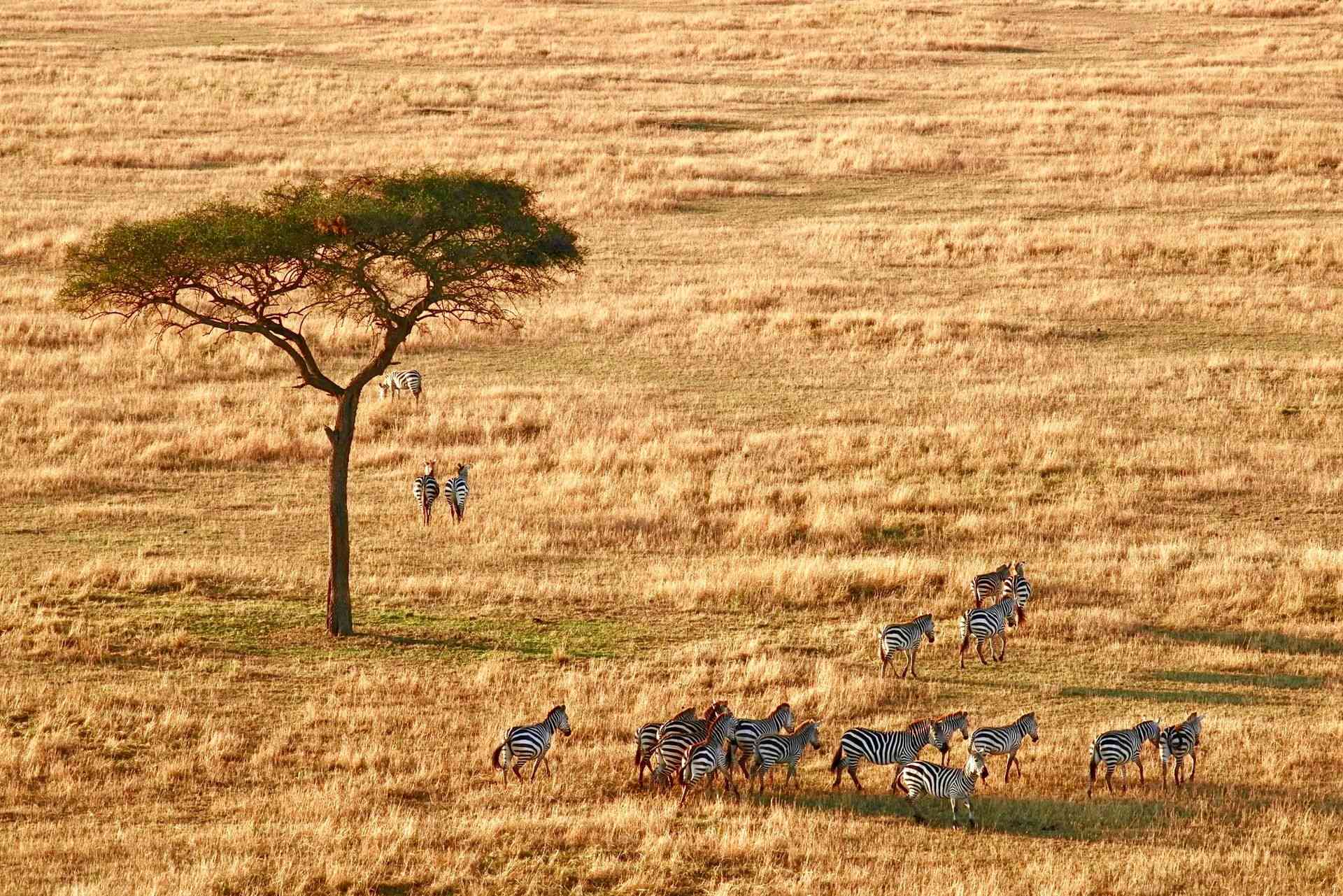Africa is a blessed continent, richly endowed with human and natural resources. These natural resources include but, not limited to cobalt, copper, platinum, uranium, iron ore, zinc, diamonds and gold, oil and gas reserves. According to the National geographic report:
"...Africa has approximately 30% of the Earth's remaining mineral resources. The continent has the largest reserves of precious metals with over 40% of the gold reserves, over 60% of the cobalt, and 90% of the platinum reserves. Africa has eight of the 11 major biomes and the largest-remaining populations of lion, elephant, rhinoceros, cheetah, hyena, leopard and hundreds of other species. Megafauna like giraffe, zebra, gorilla, hippopotamus, chimpanzee, and wildebeest are unique to the continent and only found here. Africa has over 85% of the world's elephants and over 99% of the remaining lions are on the African continent. Lake Malawi has more fish species than any other freshwater system on earth. Eight of Conservation International's 34 biodiversity hotspots are in Africa..."

Despite the abundance of mineral resources in the continent, the standard of living in Africa is very low compared to other continents of the globe, making it one of the poorest continents. This is owing to the fact that Africa is benefiting little from its mineral wealth. Today, Africa is much associated with poverty due to the exploitation of her mineral wealth by local and foreign elites and the corruption in her system of governance. Africa is constantly subjected to pressure, war and other factors that pose adverse effects on the rate of development owing to the enormous quantities of valuable raw materials in her soil.
To cite but a few nations as case study:
- Congo (Kinshasa) is by area the largest country in Sub-Saharan Africa, the second-largest in all of Africa and the 11th-largest in the world. It is rich in copper, coltan, cobalt, tungsten and a host of other minerals. But war, violence, and instability have ravaged the Democratic Republic of Congo for decades until it ranked 1st in the list of poorest countries in the world according to the Focus Economics Consensus Forecast for 2019 nominal GDP per capita. The country is indebted by about USD 2 billion to China.
- Zambia, the largest producer of copper in Africa and seventh largest globally was ranked 11th in the list of the poorest countries in the world due to decades of economic decline and neglected infrastructure. As of 2017, Zambia was already in USD 6.4 billion debt to China
- Nigeria (Giant of Africa), having the largest population record in Africa with a population of over 206 million individuals and a 2.58% growth rate is Africa's largest exporter of oil and ninth according to the world ranking. Nigeria is Africa's largest economy and yet ranked 20th in the list of poorest countries in the world. The nation is suffering from corruption which has eaten deep into the government and even its people. Terrorism and fraud have become the order of the day and these have an adverse effect on the country's economy. As of March 31, 2020, the total borrowing by Nigeria from China was about $3.121 billion (₦1,126.68 billion at USD/₦361).
Below is a table showing a list of 15 Africa nations, highlights of their natural resources and the expected GDP by the end of 2020 according to Trading Economics global macro models and analysts.
S/N | COUNTRY | NATURAL RESOURCES | EXPECTED GDP 2020 |
1 | Morocco | Cobalt, antimony, tungsten, wheat, barley, citrus, dates, phosphates, iron ore, manganese | $110.00 billion |
2 | South Africa | Replete with platinum, uranium, chromium, maize, wheat, fruits, sugar, gold and diamonds. | $295.00 billion |
3 | Cote D'Ivoire | coffee, cocoa, timber, maize, cashew nuts, petroleum, rice, manganese and diamonds | $48.00 billion |
4 | Tunisia | Edible resources like olives, dates, citrus and wheat are in abundance here, as well as petroleum, iron ore, phosphates. | $39.610 billion |
5 | Congo (Kinshasa) | Copper, cobalt, zinc, gold, diamonds, cassava, maize, coffee, rubber, | $34.00 billion |
6 | Angola | Diamond, petroleum, iron ore, copper, gold, and manganese | $70.00 billion |
7 | Egypt | Natural gas, petroleum, phosphates, gold and iron ore. | $220.00 billion |
8 | Zambia | Cobalt, copper, uranium, silver, coal, lead, zinc, emerald and gold. | $19.70 billion |
9 | Tanzania | Tin, phosphates, iron ore, coffee, tea, cotton, maize, cassava, diamonds and gold. | $50.00 billion |
10 | Nigeria | Petroleum, tin, columbite, iron ore, cocoa, groundnuts, palm oil, maize, sorghum, | $250 billion |
11 | Algeria | Oil, gas, solar energy, iron, lead, zinc, silicon and helium. | $140.00 billion |
12 | Namibia | Copper, uranium, gold, millet, sorghum, diamonds. | $10.30 billion |
13 | Ghana | Timber, manganese, bauxite, gold, diamonds and oil. | $50.00 |
14 | Kenya | Gemstones, gypsum, fluorspar, coffee, tea, maize, sugarcane, limestone, soda ash, rubies | $70.00 billion |
15 | Uganda | Cobalt, copper, limestone, gold, platinum, marble, salt | $30.00 billion |
Present day statistics reveal that Africa is the world's poorest and most underdeveloped continent. Meanwhile, Africa is currently the world's fastest growing continent.
Today's record also shows huge Chinese investments and contracts in sub-Saharan Africa. Spanning from early 2005 to late 2018, the Chinese had an investment and contracts totaling about $299 billion according to the China investment Global Tracker. Following that, in recent years the Chinese government has made multi-billion dollars investment into the African nations. Why will China be interested in Africa so much as to invest such a huge amount in this 'poor and underdeveloped continent'? Perhaps they agreed that Africa is the region with the fastest economic growth rates and the highest return on investment (ROI), and as the continent continually makes improved strides in political reform, macroeconomic stability and social development, these trends are likely to improve. This is in accordance with the Forbes report in 2011 concerning Africa becoming attractive to foreign investors or could it be that the Chinese government has an eye on the under-utilized resources in the continent? Meanwhile, the partnership between Africa and China has been viewed from two perspectives:
The first of which is regarded as a 'Sino-phobic one.' We know that in recent times, the US is at the edge with China and as such may Criticize some actions by the Chinese government. For instance, the US National Security Adviser John Bolton spoke against China’s involvements in Africa and claimed: “China uses bribes, opaque agreements, and the strategic use of debt to hold states in Africa captive to Beijing’s wishes and demands.” The west regards China's involvement in Africa as an execution of a plot to the advancement of Chinese global dominance. While this may or may not hold true, here is a second view from another perspective:
The partnership between Beijing and Africa is a 'pro-China one.' Africa leaders seem to respect and welcome the step taken by Chinese government in partnering with the continent as China is regarded as an Africa ally that can be trusted.
Editors Pick:

References:
[3] https://www.africaneconomicoutlook.org/statistics
[4] https://www.aljazeera.com/opinions/2019/1/6/why-africa-loves-china/
[5] https://www.focus-economics.com/blog/the-poorest-countries-in-the-world


